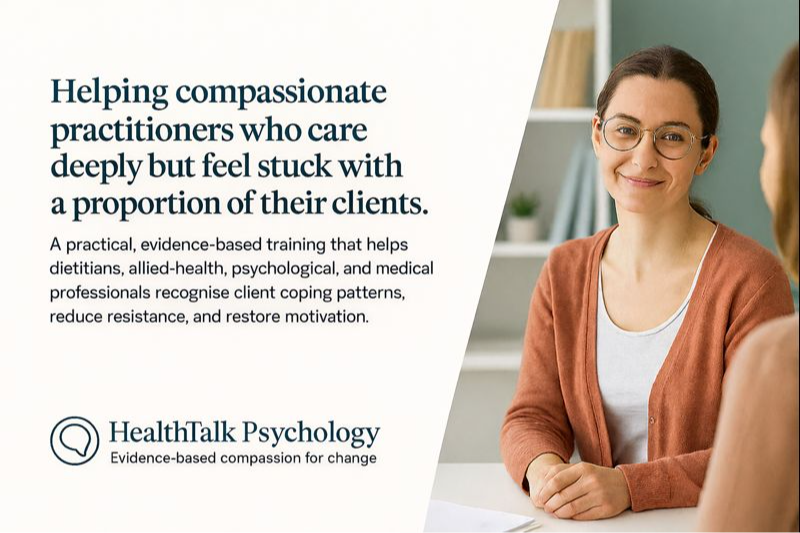
Why symptom management is important for managing mental ill-health but not the whole story!
From 2020 to 2022 8.5 million people in Australia aged between 16–85 experienced a mental disorder at some time in their life, and an estimated 4.3 million had experienced a mental disorder in the previous 12 months1.
Most will continue life the best they can and muster on with the resources and support they already have available, while some will make an appointments with their GP or other helping professionals to look for better ways to manage it.
When someone experiences a mental health concern it's typically associated with an inability to cope with their current set of circumstances which triggers high levels of stress or trauma related symptoms to surface. These can include fatigue, low motivation, depression, loneliness, isolation, anxiety, fear, low confidence, sleep or appetite problems, relationship issues, anger, self-harming behaviours such as overeating, or overindulgence in drugs or alcohol, and sometimes contemplating a permanent way out.
These symptoms are typically short lived and people find ways within themselves and with help from their network members to overcome the stressful challenges they are facing. Life often get back to some sense of normality without professional intervention, termed 'regression to the mean' and they can, within weeks or months. e.g., get back to work or study, enjoy a fulfilling relationship with family, and find other meaningful ways to enjoy a decent quality of life. Others however, may suffer symptoms which are prolonged and severely affective their health and wellbeing and more difficult to recover from. Resolve of symptoms here typically requires attending to the causes of the symptoms which takes more time to unpack and address and help from a helping professional.
Accessibility for clients seeking psychological help to resolve causes as well as symptoms is often a problem. This can be due to their beliefs about therapy, distrust in professionals, levels of confidence, or their current mental/behavioural state to seek out a professional. It could also be problematic due to personal finances, especially if the cause of stress is debt or low income from loss of work or having to claim benefits to support themselves. Many don't seek help as they don't want to be labelled or medicalised by being given prescriptions and worries about the side effects or becoming dependent on medication.
Seeing a GP often results in a very brief assessment often resulting in a quick fix prescription or recommendation for a short-term/self-help over the counter remedy, or a sick note to take a couple of weeks off work e.g., to help them sleep or de-stress. At best they may be advised to purchase a health plan where they can get rebated sessions to see a range of practitioners who could help them solve their their symptoms. There is however, little time for a GP to spend the time it needs in understanding a client's situation and finding out what the causes are which are contributing to their symptoms.
Alleviating and eliminating symptoms is an evidence based way of helping a client to reduce their distress, to de-stress and reduce anxiety, and regulate or reset their mind to better function and influence their body. Depending on what the client's challenges are that are causing the symptoms, this approach can work really well for most people. For many other though, this has to be the starting point to solving something much deeper.
So often the underlying causes that are triggering a clients symptoms can typically create repeated relapse potential. If they are not experiencing the current symptoms in the future, that doesn't mean the problem is solved and the underlying problem goes away.
Symptoms often return in other ways and are replaced with sometimes potentially more serious and sinister ones. If the resolution is surface deep such as taking medication or attending a session or two with a practitioner, the problem will often come knocking if it's not resolved at the root cause or close to it.
Evidence suggests that if we don't spend time delving deeper further back in the chain of events to understanding where the problems stems from, and then address the causes of what's going on by conducting a detailed assessment, and providing several substantial sessions of evidence based treatment based upon Focussed Psychological Strategies (FPS) tailored to the clients needs to unpack and resolve, the client is highly probably likely to continue in their relapse cycle.






